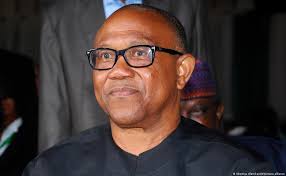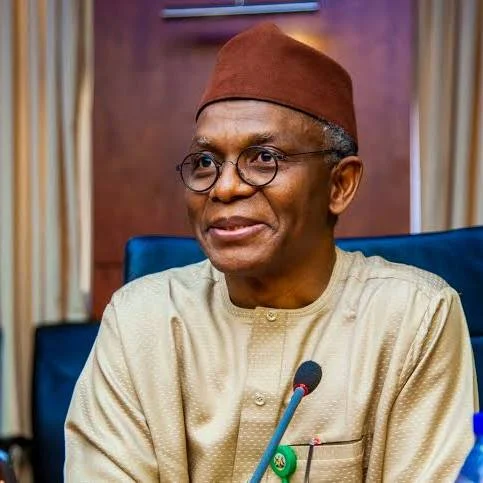
The recent outcry by the Obidient Movement against the Federal Government’s proposed 5% fuel levy has generated renewed political debate and public attention. While their position taps into genuine economic frustration across Nigeria, it’s clear that this opposition is not just rooted in concern for the average Nigerian—it is also a calculated political move. And frankly, given their position as a struggling party, that’s to be expected.
The Obidient Movement, closely tied to Peter Obi and the Labour Party, has struggled to maintain political momentum since the 2023 general elections. Lacking majority representation at the national level, and faced with the uphill task of building grassroots structures across the country, the movement has had to rely on public commentary and advocacy to stay relevant. Opposing unpopular government policies is, in many ways, the most effective political tool at their disposal.
That doesn’t make their criticism of the fuel levy any less valid. Nigerians are indeed feeling the weight of economic hardship—from rising food prices to soaring transportation costs and a weakened naira. Adding a 5% surcharge to fuel in this environment is, at best, economically tone-deaf and, at worst, socially dangerous. It risks pushing millions deeper into poverty, further inflating commodity prices, and igniting unrest in already tense communities.
But it’s important to recognize that the Obidient Movement’s intervention in this debate also serves their broader political agenda. By aligning themselves with the frustrations of everyday Nigerians, they are actively positioning themselves as the people’s voice—a tactic that strengthens their political brand and prepares the ground for 2027. As a minority force in a political space still dominated by the APC and PDP, this kind of issue-based engagement is not just smart—it’s necessary.
In a functioning democracy, struggling parties must find ways to challenge the status quo. Whether by proposing policy alternatives, organizing grassroots campaigns, or, as in this case, opposing unpopular legislation, political advocacy remains a vital pillar of democratic resistance. What we’re seeing is not just a reaction to economic hardship—it’s the early formation of a long-term political strategy.
So yes, the Obidient Movement’s warning against the 5% fuel levy is political. But it is also a legitimate form of democratic expression. In fact, it reflects the very essence of opposition politics: holding power to account, amplifying the voices of the unheard, and offering the public a choice in how the country is governed.
The bigger question now is whether the government is listening—and whether Nigerians are paying attention to who is truly fighting for their economic interests.




